The plan was revealed by US Coast Guard Commander, Admiral Linda Fagan, in a recent interview, according to Nikkei Asia today, June 12. Ms. Fagan attended the Shangri-La Dialogue in Singapore recently, marking the second consecutive year she participated in this annual event.
"The Indo- Pacific is clearly a critical region for the future of the United States. The US Indo-Pacific Strategy identifies an expanded role for the US Coast Guard as a top priority for the administration as we seek to ensure a free and open region," Fagan said in an interview with Nikkei Asia .
“The US Coast Guard will continue to have a sustained presence in the Indo- Pacific region with additional ship patrols and deployable specialized forces,” Fagan stressed, adding that the USCGC Harriet Lane, a Virginia-based cutter, will be deployed to the region in December.
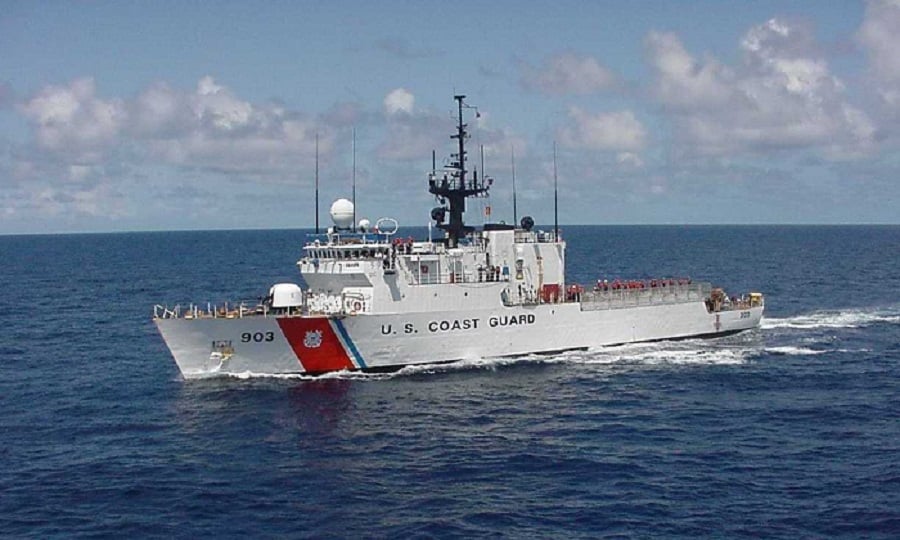
Coast Guard Cutter USCGC Harriet Lane
US Coast Guard
Admiral Fagan also emphasized: "The US Coast Guard is increasing capacity-building efforts across the Indo-Pacific region and will deploy resources to Southeast Asia and Oceania for security cooperation, humanitarian operations and capacity building."
Admiral Fagan also noted that the US Coast Guard is looking to expand partnerships with Japan and Australia as well as Pacific Island nations to enhance the capabilities of national coast guards in those two regions.
The US Coast Guard's pivot to the Indo-Pacific region comes as China continues to push what experts call a gray zone strategy in the South China Sea, according to Nikkei Asia . This strategy involves deploying maritime militia, fishing boats and coast guard vessels into disputed waters, gradually increasing effective control, but without causing military conflict.
Dispatching military vessels to counter such Chinese vessels would not be considered a proportionate response, and would risk escalating tensions. If a Chinese fishing vessel approached a US military vessel in an unusual manner, the US vessel would have to clear significant hurdles before it could act.
Meanwhile, the Coast Guard's mission is focused on law enforcement. Countries will feel more comfortable working with US Coast Guard vessels than with military vessels, because China's response will be more reserved.
ASEAN defense chiefs agree to hold joint exercises in the East Sea
The Philippines plans to conduct joint patrols with the US in the South China Sea. In an interview last month, Philippine Ambassador to the US Jose Manuel Romualdez raised the possibility of using coast guard vessels instead of navy ships in a potential patrol. “I think [the US] will bring in more resources [such as patrol boats] at the right time,” Romualdez said.
Source link






![[Photo] Worshiping the Tuyet Son statue - a nearly 400-year-old treasure at Keo Pagoda](/_next/image?url=https%3A%2F%2Fvphoto.vietnam.vn%2Fthumb%2F1200x675%2Fvietnam%2Fresource%2FIMAGE%2F2025%2F12%2F02%2F1764679323086_ndo_br_tempimageomw0hi-4884-jpg.webp&w=3840&q=75)
![[Photo] Parade to celebrate the 50th anniversary of Laos' National Day](/_next/image?url=https%3A%2F%2Fvphoto.vietnam.vn%2Fthumb%2F1200x675%2Fvietnam%2Fresource%2FIMAGE%2F2025%2F12%2F02%2F1764691918289_ndo_br_0-jpg.webp&w=3840&q=75)







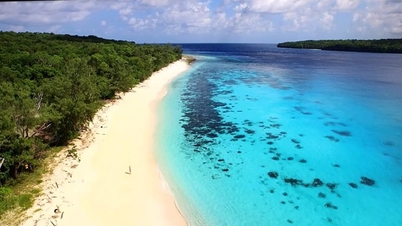






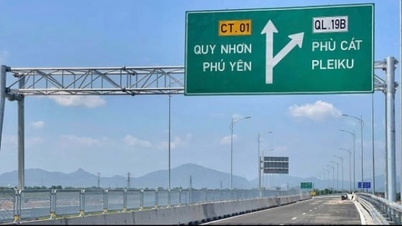












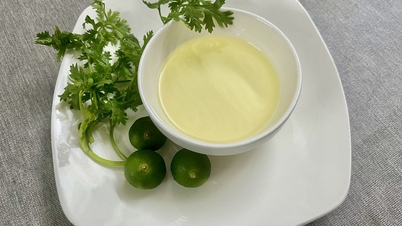


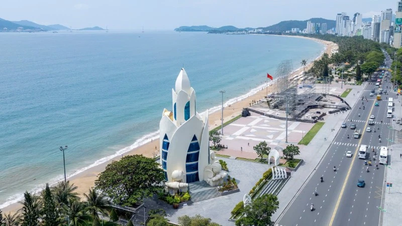

![[Video] Protecting World Heritage from Extreme Climate Change](https://vphoto.vietnam.vn/thumb/402x226/vietnam/resource/IMAGE/2025/12/03/1764721929017_dung00-57-35-42982still012-jpg.webp)
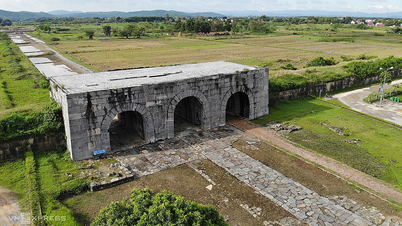








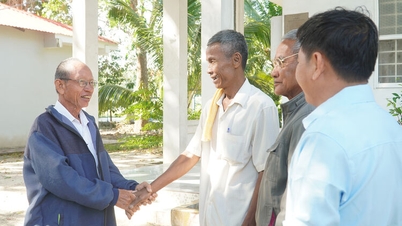






















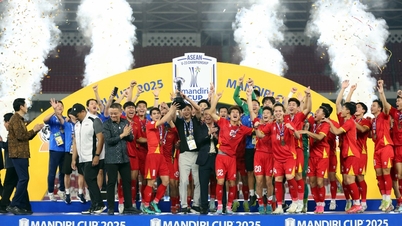
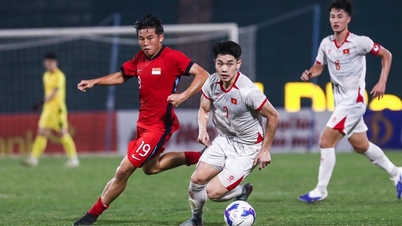




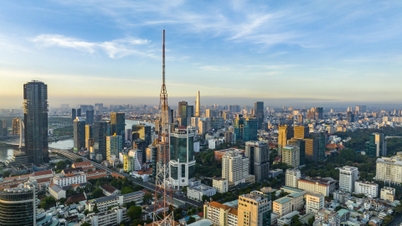













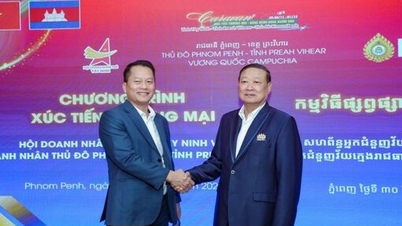
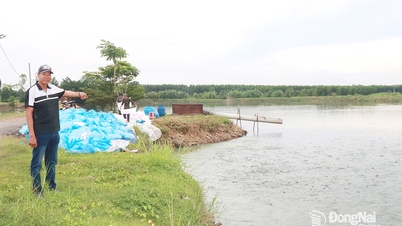











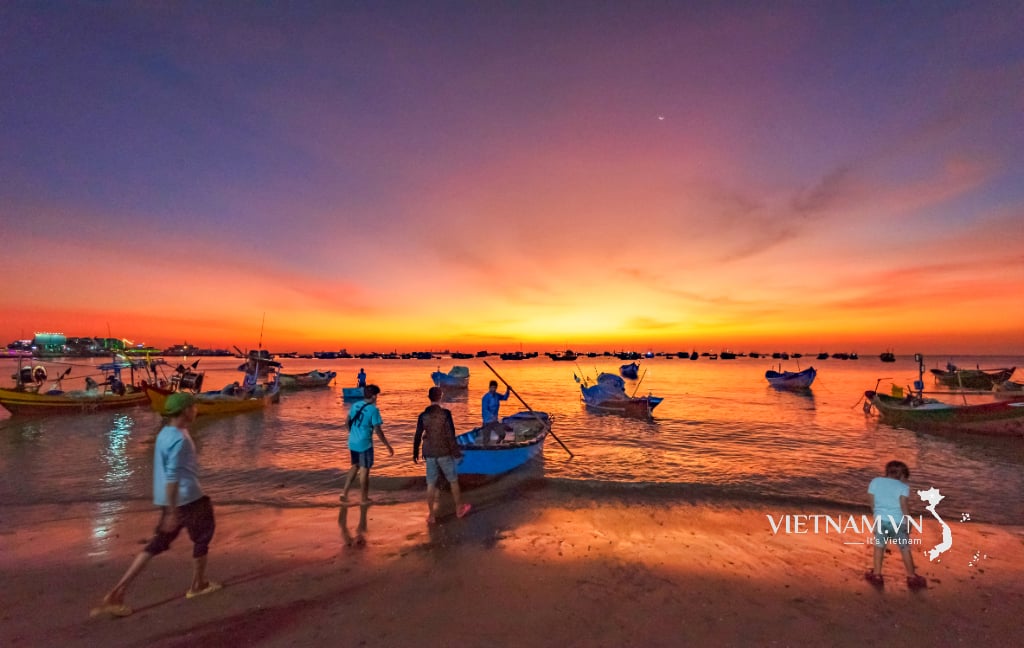


Comment (0)